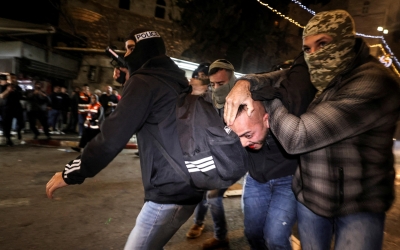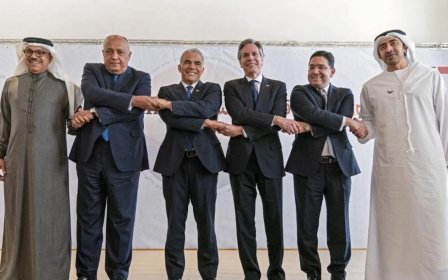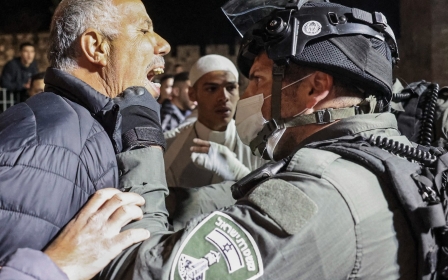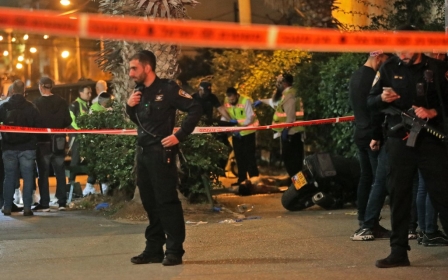Arabic press review: Lebanese doctor arrested in UAE over offensive tweets
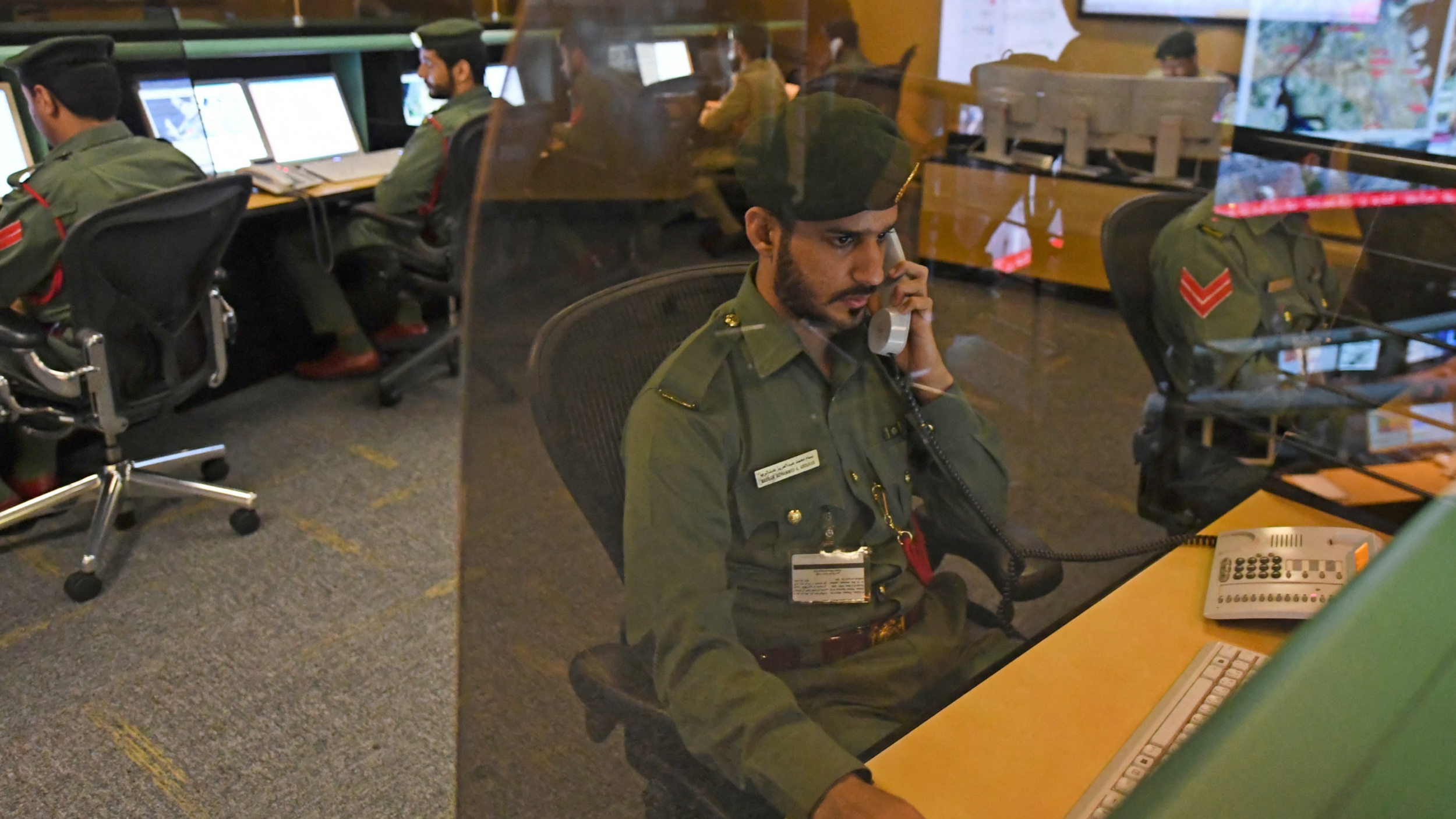
UAE arrests Lebanese doctor over tweets
Emirati authorities on Sunday arrested a Lebanese doctor purportedly over offensive tweets, as the Lebanese Order of Physicians (LOP) demanded his immediate release, Lebanese newspaper L'Orient-Le jour reported.
The LOP confirmed the arrest of Richar Kharrat, a gynaecologist, during a visit to Abu Dhabi, and called on Lebanese authorities to swiftly work with the United Arab Emirates (UAE) to secure his release.
Authorities in Abu Dhabi have not given an official reason for the arrest, however, reports have claimed that it was due to old derogatory posts the doctor had written on Twitter.
In an October 2020 tweet, Kharrat made a joke comparing Lebanese and Emirati family names, including "Al Nahyan", the name of Abu Dhabi's ruling family. While in January, he tweeted: “The Houthis have vowed to bomb Burj Khalifa. My God, let this information be true," according to L'Orient-Le Jour.
Some people on social media have speculated that a malpractice lawsuit filed by a former client, well-known Lebanese journalist Nicole Hajal, against Kharrat is linked to his arrest.
Hajal's lawyer denied a link between the two cases, the newspaper reported.
Cairo pushes for de-escalation in Israel, West Bank
Cairo and Tel Aviv last week discussed recent security tensions in Israel and the occupied West Bank, as Egypt attempts to play a swift role in pressuring Palestinian factions to curb the escalation, Al Araby Al Jadeed newspaper reported on Sunday.
Private Egyptian sources told the newspaper that a call between Egypt's intelligence chief Major General Abbas Jamel and Israel's National Security Council head Eyal Hulta took place last Thursday evening. The sources said Tel Aviv does not want to engage in a conflict for the time being as it focuses its effort on confronting the Iranian threat.
The sources added that Cairo is making "serious efforts" to calm the region and prevent any new military confrontations, especially as the ongoing Russian war in Ukraine continues to wreak havoc on the global markets.
Hulta has asked Cairo to immediately intervene to prevent the situation from deteriorating in the upcoming days, which coincide with the beginning of the month of Ramadan, until security gaps have been addressed, the sources said.
Security tensions have been high after 11 Israelis were killed by Palestinians in three separate attacks inside Israeli cities since 22 March. Over the same period, eight Palestinians were killed, including two assailants in anti-Israeli attacks and six people the Israelis said had carried out attacks or were about to do so.
Al Araby Al Jadeed said Egypt held talks with the leadership of the Islamic Jihad to avert a miltary confrontation in the West Bank, especially after Al-Quds Brigades, its armed wing, announced the general mobilisation of its fighters.
Cairo and Doha have also been in consultations on how to calm the security tensions, according to the sources, who added that there is a prevailing belief in the Israeli government that Iran is behind the recent wave of violence in its attempt to draw attention away from its activities in the region.
Riyadh readies return of ambassador to Beirut
A number of Saudi diplomats have arrived in Lebanon in preparation for the return of Saudi ambassador Walid Bukhari who left Beirut following a diplomatic crisis between the two countries, the Kuwaiti newspaper Al-Jarida reported.
Saudi Arabia and a number of other Gulf Arab countries withdrew ambassadors and expelled Lebanese envoys in October and November over what Riyadh later said was Hezbollah's dominance of the Lebanese state.
Diplomatic tensions peaked following comments by then information minister George Kordahi criticising the Saudi-led military coalition's involvement in Yemen's war. Kordahi has since resigned.
Late last month, Lebanese Prime Minister Najib Mikati stressed in a statement the need to stop all Lebanon-originated activities that affect the security and stability of Saudi Arabia and other Gulf states.
He added the Lebanese government is committed to strengthening cooperation with Saudi Arabia, following a phone call with Kuwait's foreign minister.
Diplomatic sources said that Mikati's position has received a good reponse, and "will have a positive impact on the relationship with the Gulf countries, especially in the next few days."
The sources also signalled the return of the Kuwaiti ambassador to Beirut, which "will reflect positively on the general situation in Lebanon, especially that the return will be concurrent with the launching of a project for the distribution of humanitarian assistance."
The Kuwaiti newspaper said that the Saudi movement on the Lebanese scene will be connected to more economic assistance to Beirut.
*Arabic press review is a digest of news reports not independently verified as accurate by Middle East Eye
Middle East Eye propose une couverture et une analyse indépendantes et incomparables du Moyen-Orient, de l’Afrique du Nord et d’autres régions du monde. Pour en savoir plus sur la reprise de ce contenu et les frais qui s’appliquent, veuillez remplir ce formulaire [en anglais]. Pour en savoir plus sur MEE, cliquez ici [en anglais].


